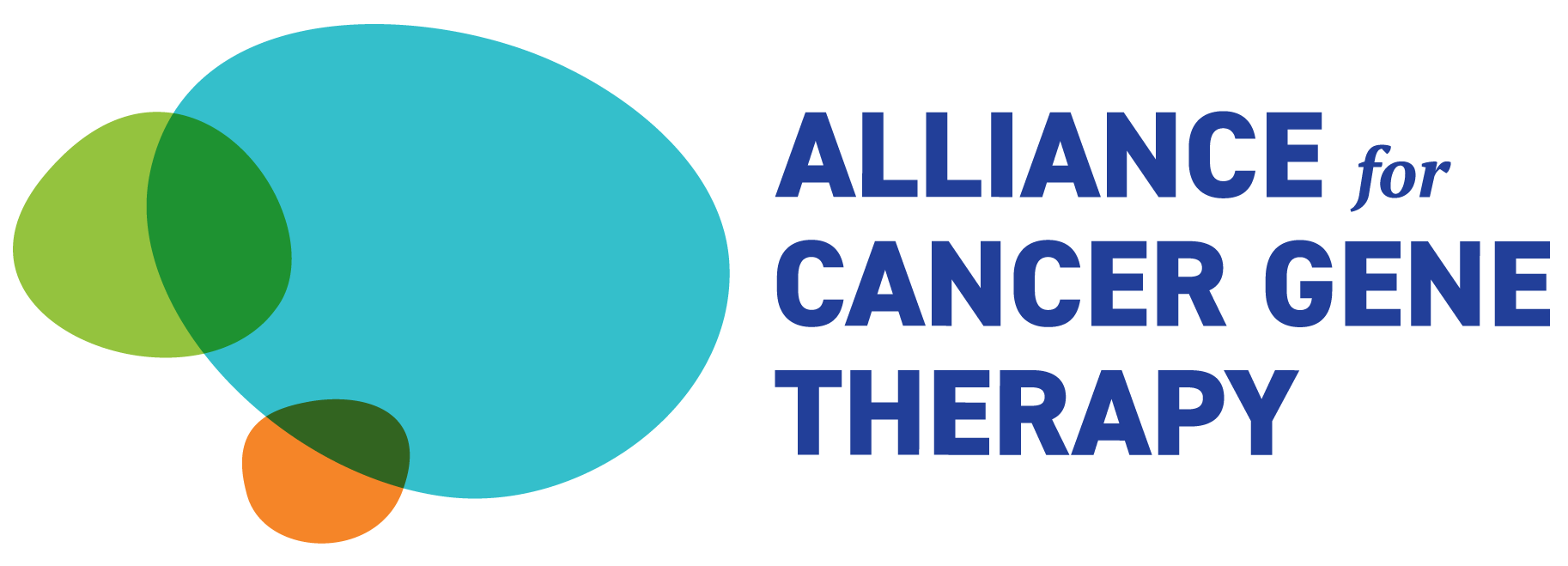
Alliance for Cancer Gene Therapy Awards Grant for Brain Cancer Research Project

ACGT recently awarded a half-million dollar grant to brain cancer researcher Juan Fueyo, MD, who is developing an oncolytic virus therapy to treat the brain cancer glioblastoma.
Alliance for Cancer Gene Therapy (ACGT) recently awarded a $500,000 grant to brain cancer researcher
The oncolytic virus has already been tested in a clinical trial, where it helped 20% of patients with glioblastoma live longer, some for as long as three years. ACGT funding will help Dr Fueyo and his research partner, Candelaria Gomez-Manzano, MD, also of MD Anderson Cancer Center, make the virotherapy work for a larger percentage of patients with this brain tumor.
“You cannot sacrifice the organ [the brain]. Gliomas, such as glioblastoma, are not metastatic tumors, meaning they don’t spread far away. They never metastasize. …But since it’s in the brain, it’s more difficult to be cured.”
—Juan Fueyo, MD, of The University of Texas MD Anderson Cancer Center
ACGT’s mission is to fund research that specifically focuses on cell and gene therapy science.
ACGT has awarded 14 grants totaling $6.75 million specifically for projects focused on using cell and gene therapy for brain cancer.
Newsletter
Stay at the forefront of cutting-edge science with CGT—your direct line to expert insights, breakthrough data, and real-time coverage of the latest advancements in cell and gene therapy.















